De: R$ 0,00Por: R$ 419,03ou X de
De: R$ 0,00Por: R$ 419,03ou X de
| Origem | Literatura Estrangeira |
|---|---|
| Quantidade de Páginas | 454 |
| Acabamento | Capa Dura |
| Autores | Timo Eskola |
| Idioma | Inglês |
| Edição | 0 |
| Selo | Fontes Press |
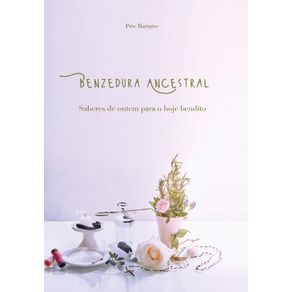 Benzedura Ancestral: Saberes de ontem para o hoje bendito
Benzedura Ancestral: Saberes de ontem para o hoje bendito
Instituto Cultural Umbanda Eu Curto
R$ 39,00 à vista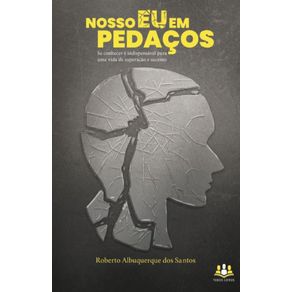 Nosso Eu em pedaços
Nosso Eu em pedaços
Todos Livros
R$ 59,90 à vista Pelos caminhos do pescador
Pelos caminhos do pescador
Editora Viseu
R$ 101,54 ou até 2x sem juros História de uma fé: Um romance sobre a busca da espiritualidade
História de uma fé: Um romance sobre a busca da espiritualidade
Editora Viseu
R$ 95,07 à vista O despertar da borboleta: Uma jornada de auto transformação
O despertar da borboleta: Uma jornada de auto transformação
Editora Viseu
R$ 29,90 à vista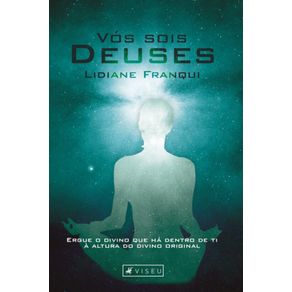 Vós sois Deuses: Ergue o divino que há dentro de ti à altura do divino original
Vós sois Deuses: Ergue o divino que há dentro de ti à altura do divino original
Editora Viseu
R$ 32,90 à vista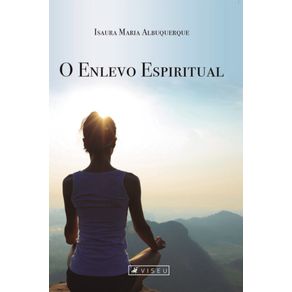 O Enlevo Espiritual
O Enlevo Espiritual
Editora Viseu
R$ 36,90 à vista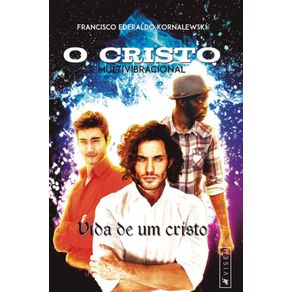 O Cristo Multivibracional: Vida de um cristo
O Cristo Multivibracional: Vida de um cristo
Editora Viseu
R$ 71,97 à vista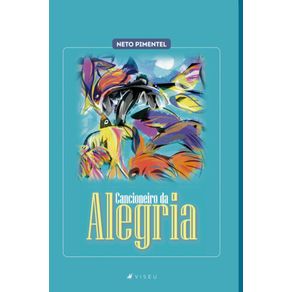 Cancioneiro da alegria
Cancioneiro da alegria
Editora Viseu
R$ 67,35 à vista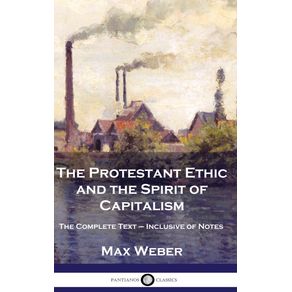 The Protestant Ethic and the Spirit of Capitalism
The Protestant Ethic and the Spirit of Capitalism
Pantianos Classics
R$ 166,51 ou até 3x sem juros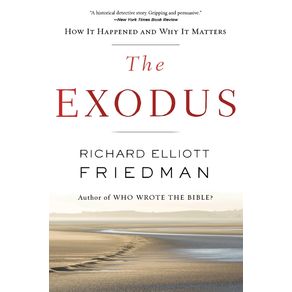 Exodus, The
Exodus, The
HARPERCOLLINS
R$ 130,17 ou até 2x sem juros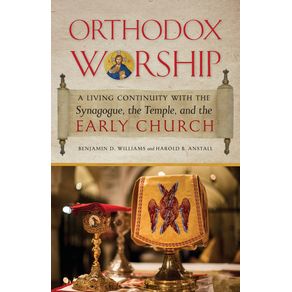 Orthodox Worship
Orthodox Worship
Ancient Faith Ministries
R$ 121,71 ou até 2x sem juros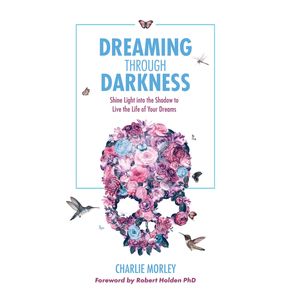 Dreaming Through Darkness
Dreaming Through Darkness
Random House
R$ 154,13 ou até 3x sem juros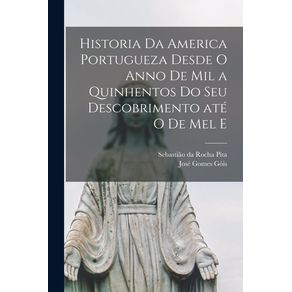 Historia da America portugueza desde o anno de mil a quinhentos do seu descobrimento até o de mel e
Historia da America portugueza desde o anno de mil a quinhentos do seu descobrimento até o de mel e
Legare Street Press
R$ 190,78 ou até 3x sem juros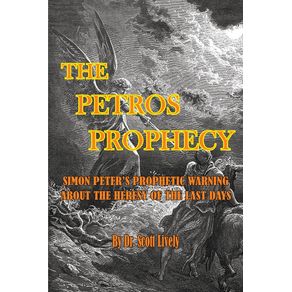 The Petros Prophecy
The Petros Prophecy
The Old Paths Publications
R$ 121,52 ou até 2x sem juros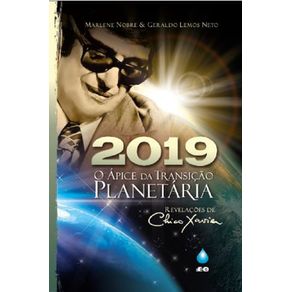 2019, O Ápice da Transição Planetária
2019, O Ápice da Transição Planetária
FE Editora
R$ 49,90 à vista Nosso Eu em pedaços
Nosso Eu em pedaços
Todos Livros
R$ 59,90 à vista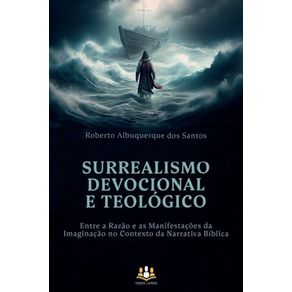 Surrealismo Devocional e Teológico: Entre a Razão e as Manifestações da Imaginação no Contexto da Narrativa Bíblica
Surrealismo Devocional e Teológico: Entre a Razão e as Manifestações da Imaginação no Contexto da Narrativa Bíblica
Todos Livros
R$ 69,90 à vista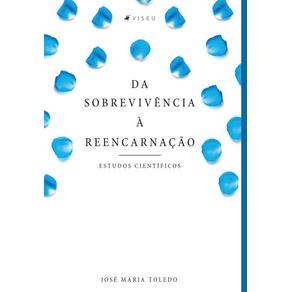 Da sobrevivência à reencarnação: Estudos científicos
Da sobrevivência à reencarnação: Estudos científicos
Editora Viseu
R$ 109,90 ou até 2x sem juros O despertar da borboleta: Uma jornada de auto transformação
O despertar da borboleta: Uma jornada de auto transformação
Editora Viseu
R$ 29,90 à vista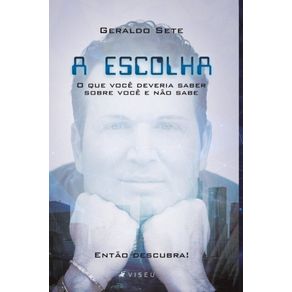 O que você deveria saber sobre você e não sabe: Então descubra! (A escolha)
O que você deveria saber sobre você e não sabe: Então descubra! (A escolha)
Editora Viseu
R$ 47,90 à vista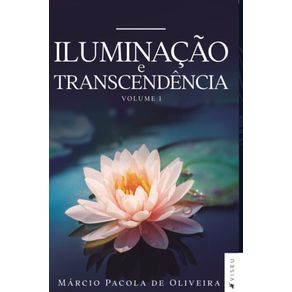 Iluminação e transcendência I
Iluminação e transcendência I
Editora Viseu
R$ 40,90 à vista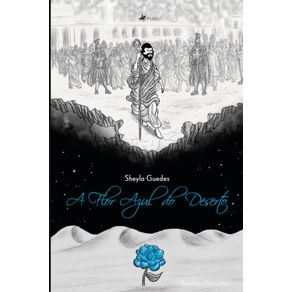 A flor azul do deserto
A flor azul do deserto
Editora Viseu
R$ 52,90 à vista O Espinho da Rosa
O Espinho da Rosa
Editora Viseu
R$ 43,90 à vista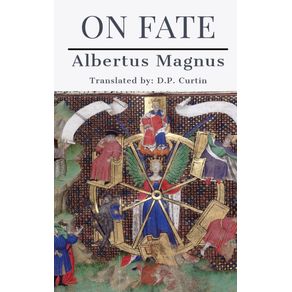 On Fate
On Fate
Indy Pub
R$ 107,71 ou até 2x sem juros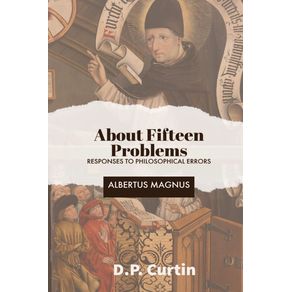 About Fifteen Problems
About Fifteen Problems
Dalcassian Publishing Company
R$ 97,02 à vista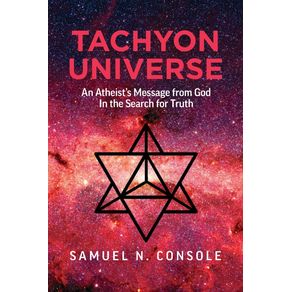 Tachyon Universe
Tachyon Universe
Nextone Inc
R$ 153,22 ou até 3x sem juros Healing Your Wounded Soul
Healing Your Wounded Soul
Ancient Faith Ministries
R$ 106,42 ou até 2x sem juros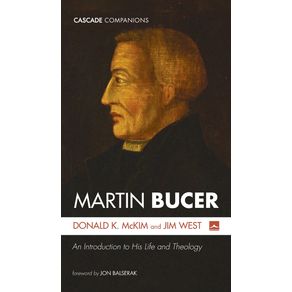 Martin Bucer
Martin Bucer
Wipf and Stock Publishers
R$ 214,03 ou até 3x sem juros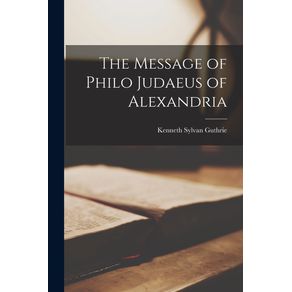 The Message of Philo Judaeus of Alexandria
The Message of Philo Judaeus of Alexandria
Legare Street Press
R$ 132,01 ou até 2x sem juros Benzedura Ancestral: Saberes de ontem para o hoje bendito
Benzedura Ancestral: Saberes de ontem para o hoje bendito
Instituto Cultural Umbanda Eu Curto
R$ 39,00 à vista 2019, O Ápice da Transição Planetária
2019, O Ápice da Transição Planetária
FE Editora
R$ 49,90 à vista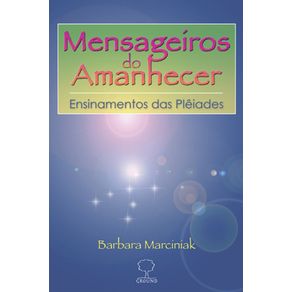 MENSAGEIROS DO AMANHECER
MENSAGEIROS DO AMANHECER
Aquariana
R$ 72,90 à vista Nosso Eu em pedaços
Nosso Eu em pedaços
Todos Livros
R$ 59,90 à vista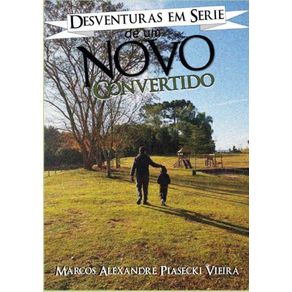 Desventuras em Série de um Novo Convertido
Desventuras em Série de um Novo Convertido
Simplíssimo
R$ 34,90 à vista Não desligue os meus aparelhos
Não desligue os meus aparelhos
Editora Viseu
R$ 72,90 à vista Iluminação e transcendência I
Iluminação e transcendência I
Editora Viseu
R$ 40,90 à vista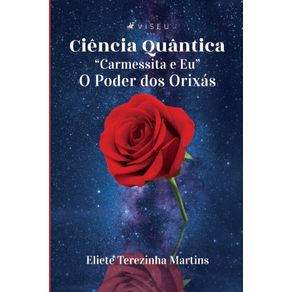 Ciência Quântica: Carmessita e Eu (O Poder dos Orixas)
Ciência Quântica: Carmessita e Eu (O Poder dos Orixas)
Editora Viseu
R$ 47,90 à vista A flor azul do deserto
A flor azul do deserto
Editora Viseu
R$ 52,90 à vista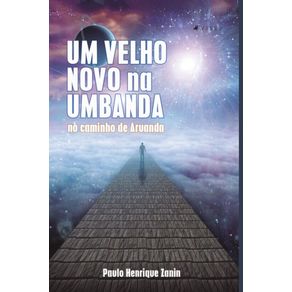 Um velho novo na Umbanda
Um velho novo na Umbanda
Editora Viseu
R$ 40,90 à vista O Espinho da Rosa
O Espinho da Rosa
Editora Viseu
R$ 43,90 à vista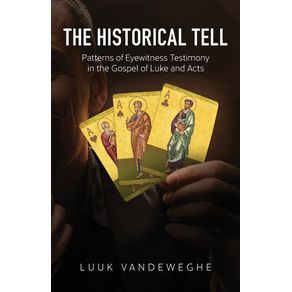 The Historical Tell
The Historical Tell
DeWard Publishing
R$ 145,70 ou até 2x sem juros Healing Your Wounded Soul
Healing Your Wounded Soul
Ancient Faith Ministries
R$ 106,42 ou até 2x sem juros Martin Bucer
Martin Bucer
Wipf and Stock Publishers
R$ 214,03 ou até 3x sem juros Dreaming Through Darkness
Dreaming Through Darkness
Random House
R$ 154,13 ou até 3x sem juros